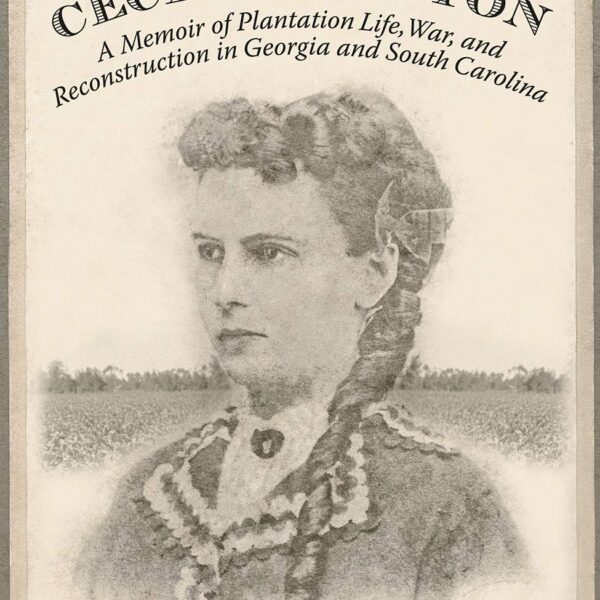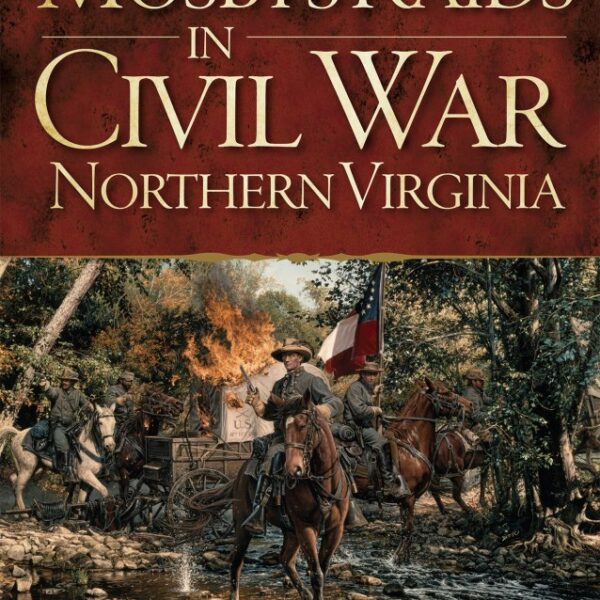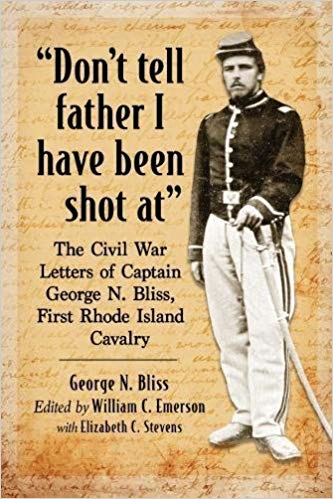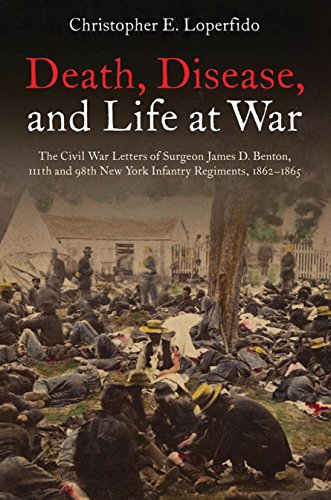Our One Common Country: Abraham Lincoln and the Hampton Roads Peace Conference of 1865 by James B. Conroy. Lyons Press, 2014. Cloth, ISBN: 0762778075. $27.95.
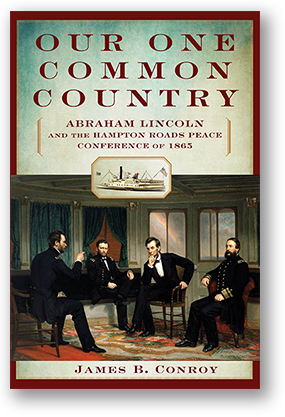 I suppose that it’s rare to begin a review with a disclosure—but in this case, it seems well worth mentioning that I began reading this book feeling an unusual common bond with author James B. Conroy. Both of us began our careers working on Capitol Hill for hard-driving liberal Democratic members of Congress from New York. At one point, our respective bosses even finished numbers one and two in a survey of the worst tempered officials in the House and Senate. And both of us turned, ultimately, to writing about Lincoln and the Civil War. I have tried to remain dispassionate about this shared professional arc, but I have to admit I began reading Conroy’s book feeling a sense of kinship. Although I’ve never met the fellow, I feel I’d like to, and assume we would have a grand time swapping stories not only about historical figures Alexander H. Stephens and Abraham Lincoln, but also about modern Congressional legends Bella Abzug and James Scheuer.
I suppose that it’s rare to begin a review with a disclosure—but in this case, it seems well worth mentioning that I began reading this book feeling an unusual common bond with author James B. Conroy. Both of us began our careers working on Capitol Hill for hard-driving liberal Democratic members of Congress from New York. At one point, our respective bosses even finished numbers one and two in a survey of the worst tempered officials in the House and Senate. And both of us turned, ultimately, to writing about Lincoln and the Civil War. I have tried to remain dispassionate about this shared professional arc, but I have to admit I began reading Conroy’s book feeling a sense of kinship. Although I’ve never met the fellow, I feel I’d like to, and assume we would have a grand time swapping stories not only about historical figures Alexander H. Stephens and Abraham Lincoln, but also about modern Congressional legends Bella Abzug and James Scheuer.
Until then, I’ve had to settle for reading this sparkling account of the former pair’s extraordinary, but historically neglected, peace meeting at Hampton Roads, Virginia, in February 1865—the culmination of more than a year of efforts by both Union and Confederate officials to spur armistice talks to end the Civil War. Imagine the scene: three southern “peace commissioners” bundled up against the late-winter cold and shuttled off to the no doubt dispiriting scene of the 1862 Monitor-Merrimack duel because Lincoln didn’t want them crashing the 13th Amendment party in Washington—or, worse, stanching the momentum to pass it in the House. Then imagine the giant Lincoln arriving by sea, then renewing his onetime acquaintance with the spectrally thin, sickly Confederate vice president Stephens, his onetime Whig Congressional colleague whose oratory, the future president once confessed, was so unexpectedly powerful it had brought tears to his “old, withered, dry eyes.” Finally, picture a summit predestined for failure—the Confederacy wouldn’t give up independence, the Union would not budge on emancipation—somehow being churned by the press into one of the epic “battles” of the war. How is it possible that this event has not inspired a book before this?
It is not that the sources were unavailable. Conroy has done a fine job of mining period newspapers, diaries, and other useful material to trace the step-by-step approach of the meeting. He sets the table well with vivid portraits of the commissioners and the major political figures waiting anxiously for news back in their respective capitals, especially Francis Preston Blair Jr., the pro-Lincoln Democrat elder statesman who seems equally at home in the political lobbies of Washington and the drawing rooms of Richmond. Then there is the prickly Confederate President Jefferson Davis, who, Conroy convincingly shows, does as much as Lincoln to scuttle any hope for armistice, so unrealistically insistent is he that peace can only come when his “country” is recognized as independent. An appealing cast of bullies and eccentrics populates every chapter.
An inherent problem in writing about Hampton Roads is that the conference lasted for only four hours. Others have produced articles and book chapters about the meeting, notably the historian William C. Harris. Conroy surmounts this obstacle by providing a dramatic run-up to the actual meeting, sumptuous descriptions of the setting aboard the presidential yacht, and a full analysis of the national letdown that invariably followed. As one would expect from a veteran Congressional staffer, Conroy is alert to the mood back on Capitol Hill, and to the breathless press coverage of the conference, which buzzed with speculation while the blacked-out talks occurred, then rallied in support of Lincoln’s resolve to offer no real concessions.
Did Lincoln offer too much to the Confederate peace commissioners? For years, historians, Harris and David Donald among them, have speculated about whether the president actually placed on the table an offer of $400 million in federal funds to compensate slave-owners whose “property” had already been liberated under the terms of the Emancipation Proclamation. The mystery is still not quite solved, and Conroy is careful about reporting the rumor without attempting to confirm it. Lincoln held all the cards at Hampton Roads, and may have mentioned compensation only so his old chum Stephens could take something home to Richmond. By the time of his death two months later, Lincoln could take pride in the fact that the 13th Amendment was well on its way to ratification—the “king’s cure,” as he put it, “for all evils”—the solution that made any talk of reparations to white slaveholders moot.
We may never know precisely what was said, bartered, or rejected at the Hampton Roads conference. Lincoln wrote Congress a maddeningly ambiguous report. Stephens offered little more in his memoirs. But one thing is certain: what Steven Spielberg so intriguingly introduced to the broad public in a dramatic, if oversimplified, scene in his movie Lincoln has been carried a giant step forward by James Conroy’s gripping and well-researched page turner. Historians take note: Conroy shows that it is possible to write exciting prose with scholarly integrity intact.
One quibble: Conroy’s constant use of the pejorative term “Jacobin” to describe the Congressional progressives (nee “Radicals”) who pushed Lincoln to the left on slavery and civil rights seems a bit judgmental, not to mention contrary to recent scholarship (like that of James Oakes) that now holds the group in high regard for pushing freedom. It’s especially strange coming from a guy who did press work for his own share of Congressional Jacobins—er, liberals. I don’t know what his old boss Jim Scheuer would think. But I can only imagine how Bella Abzug would react.
Harold Holzer’s next book will explore politics and the press in the age of Lincoln.
